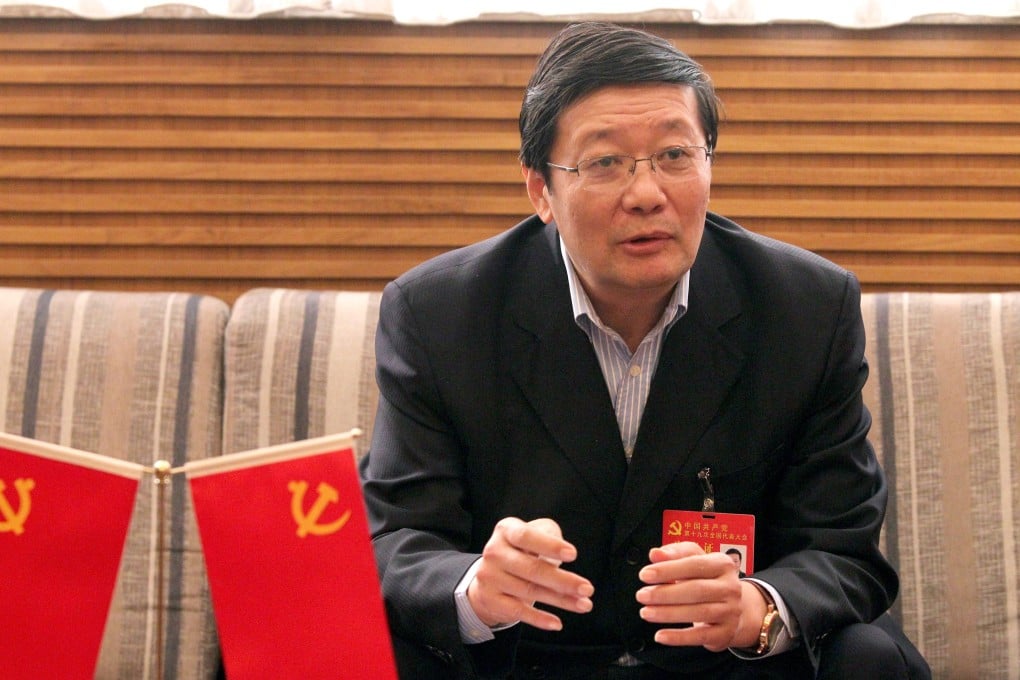China’s Lou Jiwei decries ‘996’ culture of overwork and says ambitious green targets risk economic ‘dangers’
- Outspoken former finance minister Lou says forcing employees to work excessive overtime not only violates labour law, it also destroys work-life balance and reduces available jobs
- Comments pre-empted a ruling by the Supreme People’s Court that the controversial and highly demanding schedules commonly seen at internet and tech giants are illegal

China’s “996” work culture – shifts from 9am to 9pm, six days a week – has hurt employment and employees in China, former finance minister Lou Jiwei warned while calling for stronger regulation of the corporate sector.
While many Chinese internet companies saw the 996 arrangement as a “gift” to employees, it clearly violated the country’s labour law and ruined work-life balance, Lou said during the online ESG Global Leader Summit organised by Sina Finance. ESG, which stands for “environmental, social and governance”, has become a buzzword in the Chinese business community, as emphasis is increasingly placed on fulfilling social responsibilities.
“If there is no proper regulation, everyone will adopt 996, which will reduce jobs and be harmful to society,” he said.